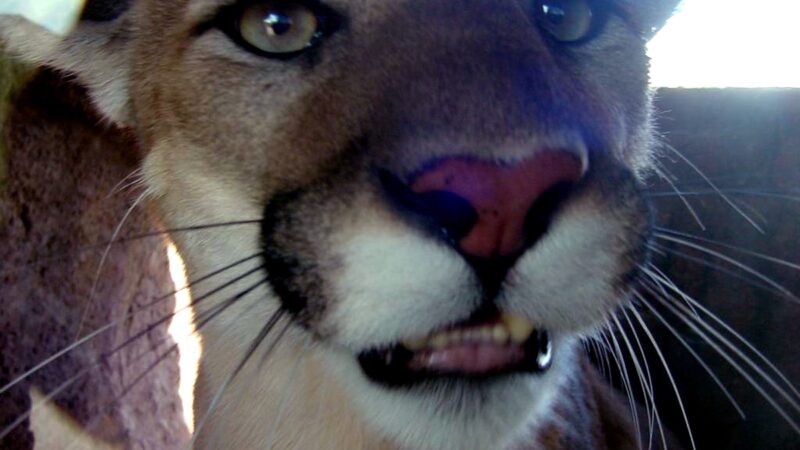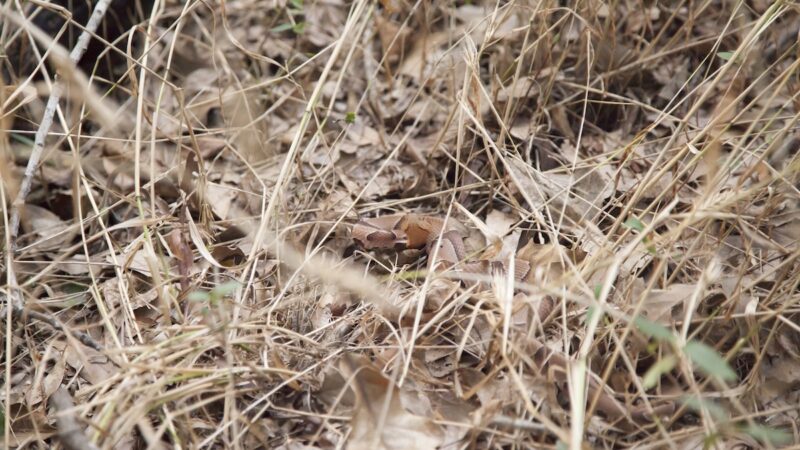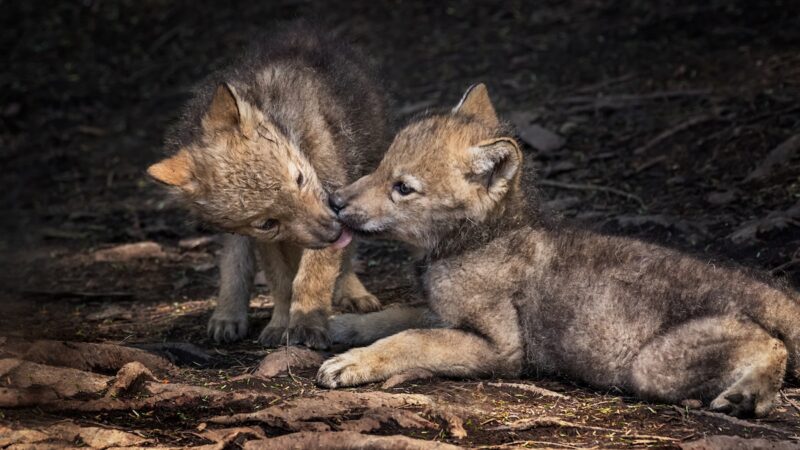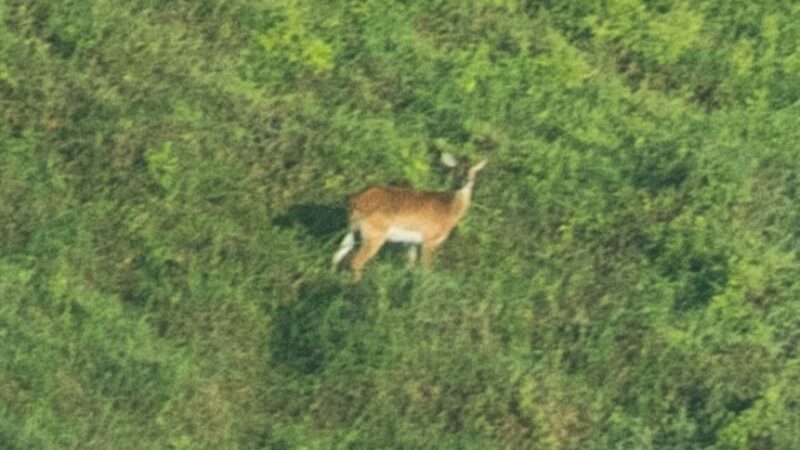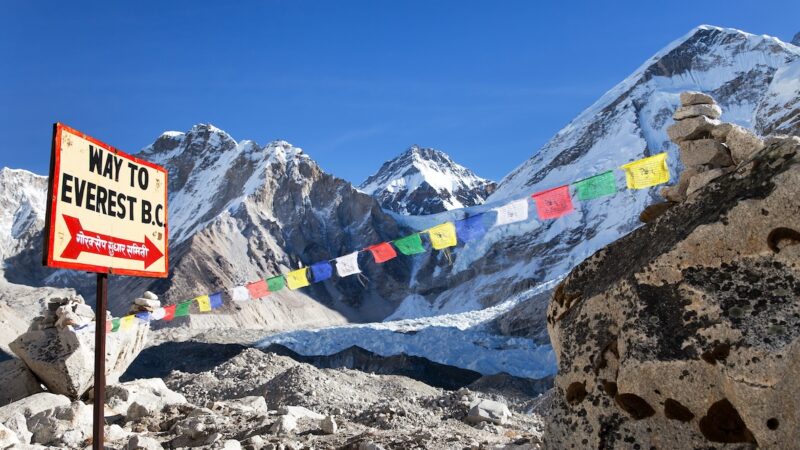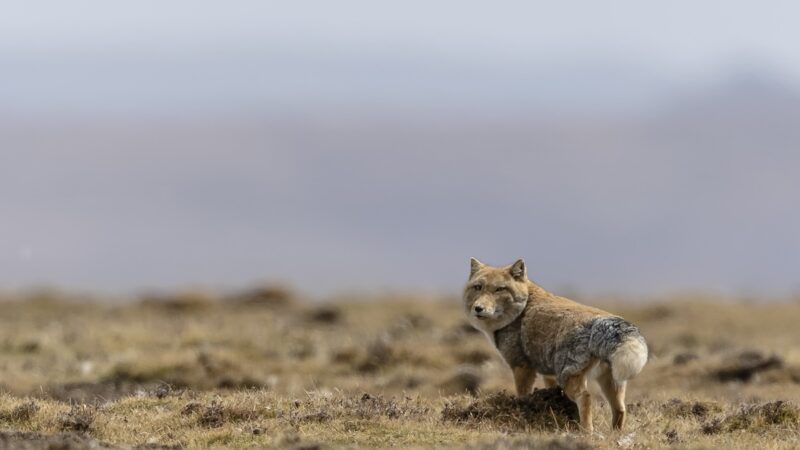Q&A: ‘Mushroom Auntie’ on Connecting to Nature and How to Get Started Foraging
Gabrielle Cerberville is your “mushroom auntie,” also known as the Chaotic Forager on TikTok and Instagram with an audience over a million people, and it’s easy to see why. With videos that are hilarious, upbeat, and incredibly helpful, Gabrielle entertains and educates those who want to learn more about foraging and how to identify mushrooms. Gabrielle is working on an up-and-coming foraging book and also studies music composition and computer technologies as a PhD candidate at University of Virginia.
Videos by Outdoors
We sat down with the “mushroom auntie” for a Q&A:
Outdoors.com: Why do you love foraging?
Gabrielle Cerberville: Foraging incorporates all of your senses and all of your brain power in such a profound and beautiful way. You have to be so aware of what you’re doing at any given moment, and I find that it’s a very quieting practice to go out and to experience that relationship with nature.
Outdoors.com: What are three things about you that would surprise us?
Gabrielle Cerberville: I think the first one would be that I don’t have a degree in anything science, plant, or mushroom related. I have two music degrees. So I have a degree in music composition with a Bachelors from Butler. I have a master’s from Western Michigan University and I’m working on my PhD at the University of Virginia. I also have synesthesia. So a lot of the art that I make uses lots of different senses and blends them all together. A third interesting thing about me—I’m absolutely terrible at all sports.
Outdoors.com: Tell me about your outlook on life.
Gabrielle Cerberville: That’s a big question. My outlook on life is that it is always a good thing to be curious and if you let curiosity lead your decisions. It will often turn out well.
Outdoors.com: Tell me about the steps you took to get where you are now.
Gabrielle Cerberville: It’s a lifelong experience. There are plenty of people who don’t know as much as I do and then there are plenty of people who know a whole lot more than I do, and I try to spend a good amount of time around both groups of people. So by teaching, I can practice a lot of my skills and a lot of my knowledge and solidify it, and by being around people who are more experienced or have been doing it for a longer, I can learn so many things. I think that if you want to learn about plants or mushrooms or ecosystems, the best thing you can do is to try to surround yourself with smarter people and then try to teach any chance you get because that’s what worked [for me].
Outdoors.com: What is your most memorable foraging experience and why?
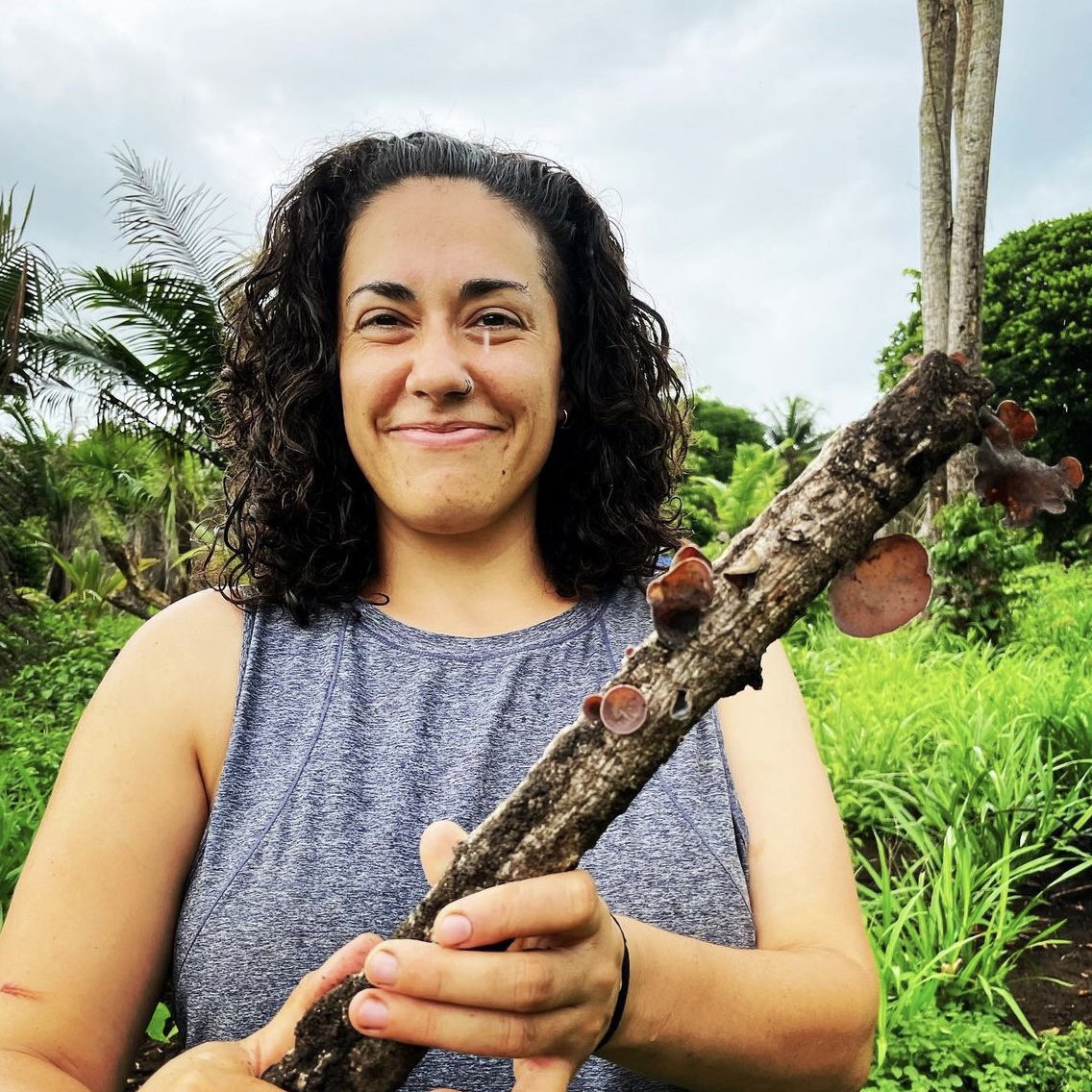
Gabrielle Cerberville: There are so many. I’ve had to spend so much time in my memories while writing my book, but recently I was at a foragers’ gathering with a forager named Sam Thayer who actually just won a big-deal national outdoor book award. At the launch of his new field guide, both of us and my partner were just kind of trying to get away from the crowds of people and he asked if we wanted to see a cool plant, so I got to meet a cool plant with Sam. It was a yellow scarlet pimpernel. There’s something just really joyful about spending time with somebody who’s so passionate about plants and having that little secret moment where you all are on the same wavelength and just admiring something beautiful and discovering something magical that you didn’t know about. So that’s a really memorable moment for me.
Outdoors.com: What is your craziest story?
Gabrielle Cerberville: When I was about eight years old, I was picking blueberries in my neighborhood in the Pocono Mountains, and I didn’t realize at first but I was apparently picking blueberries next to a black bear. Then I had to decide what I was going to do, because I knew I didn’t want to be chased by the bear, but I was also very scared. So I stood there for what felt like a full lifetime and finally decided to make a run for it. I ran all the way home while this black bear was just eating blueberries in the spot where I had just been picking. That definitely was a terrifying moment, and I’m really glad that the bear didn’t really seem to care.
Outdoors.com: What is the most important lesson life has taught you?
Gabrielle Cerberville: Be humble, because there is always something that you don’t know. And if you’re not humble, you won’t get to learn it.
Outdoors.com: Who would you invite to your dream dinner party?
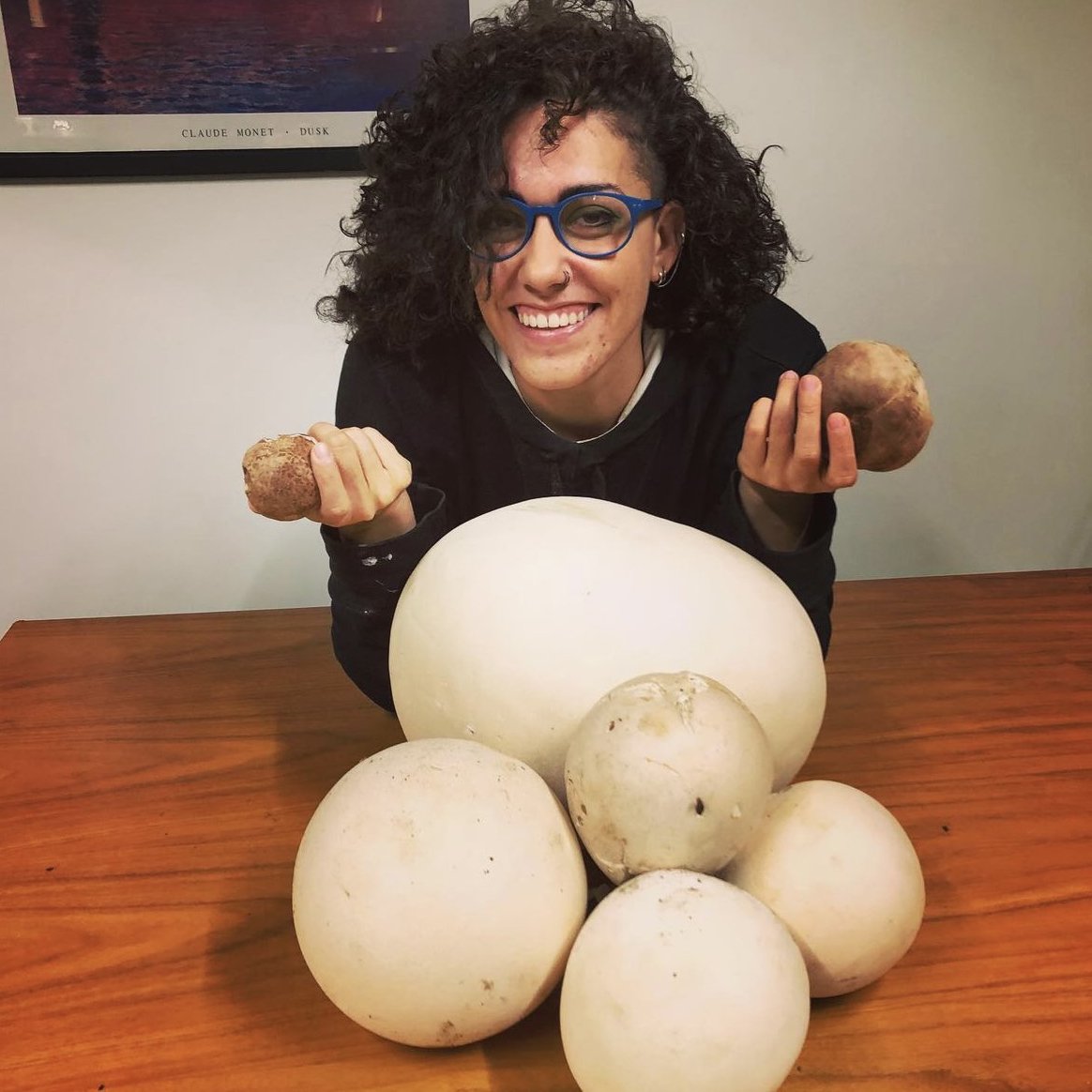
Gabrielle Cerberville: I would invite John Cage who was a composer who also loved mushrooms. I have his book right here, A Mycological Foray. He was just a really interesting human being who I would love to spend some time chatting with.
Outdoors.com: Who inspires you and why?
Gabrielle Cerberville: I think the people that inspire me most are the ones who are doing the most to protect fragile ecosystems and stand against environmental injustices. So there are so many young activists that I can think of who are just doing amazing things to bring attention to issues. Like pipelines going through indigenous land and other environmental injustices, mining operations that shouldn’t be occurring, or like other things like that. I think that those are the people that inspire me the most.
Outdoors.com: What advice would you give someone trying to get started foraging?
Gabrielle Cerberville: Start in your backyard. If you have a backyard, start by looking for different plants and mushrooms and just stuff that’s growing around you. See what you can already recognize. You probably know what a dandelion looks like. So the next time you see a dandelion, pick one, examine it, and try to figure out what all the different parts look like things that you may not have noticed before. What shape are the leaves? What does the stem look like? Is it solid or is it hollow? What do the flowers look like, and then try to compare and contrast that with other things that you’re finding. Pretty soon, you’re gonna pick up on a lot of patterns that you probably already know, but you didn’t know to recognize.
If you’re looking for something you want to forage right away, try to identify some of the more common berries like blackberries and raspberries and blueberries. Those are all things that people plant in landscaping or that you can find in pretty much any city on the East Coast or in the Midwest. There’s just a lot of really good food around you. Start with the easy stuff, and then work your way up from there.
Foraging is super great. It’s super fun. It’s super healthy to get outside more for any number of reasons. It’s also a huge responsibility, because if you’re going to forage, then you’re recognizing that you’re part of nature, and as part of nature, you have responsibilities to protect it and care for it and make sure that everyone has enough. So just make sure that you’re being respectful and honorable when you’re harvesting food and good things will happen.
Source: https://outdoors.com/interview-with-the-mushroom-auntie/

